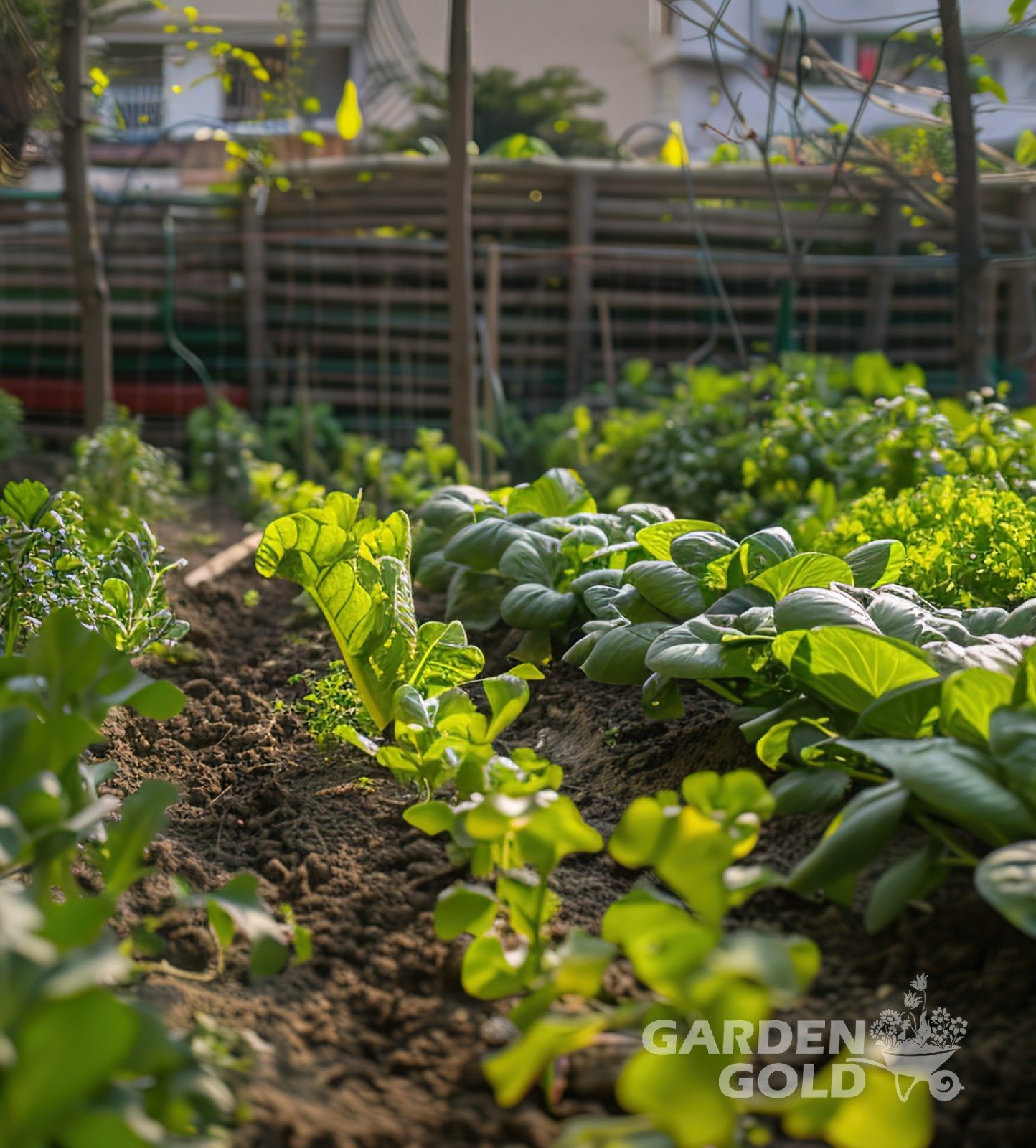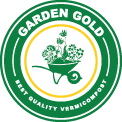
The reasons behind a good yield of fresh and healthy vegetables in gardening lie in many factors, but the most important is soil health. Since all plants derive the required nutrition from the soil, at times the soil lacks the ability to deliver what the plants need. Then comes fertilization. Of all the available options, organic fertilizers come first because of the number of benefits associated with them, especially vermicompost. In this blog, we will learn why Vermicompost is termed the best Vermicompost for vegetable gardens, uses, benefits, which vegetables grow best during the monsoon, and how much to use.
Why Organic Fertilizers?
There are mainly two categories of fertilizers: synthetic and organic. Synthetic Fertilizers are manufactured chemically, while at the same time, the organic ones are made from natural materials. Environmentally friendly farming procedures that use organic fertilizers, such as compost, manure, and worm castings—vermicompost—are preferred in that it provides organic matter to the soil, improves its structure, and promotes beneficial microbial activity.
What Makes Vermicompost the Best?
Vermicompost, or worm castings, is nutrient-rich organic fertilizer produced by earthworms during decomposition. Here are the reasons that make it the best vermicompost for a vegetable garden:
- Nutrient-Rich: Vermicompost contains enough nutrients, such as nitrogen, phosphorus, and potassium, with other micronutrients in forms easily available to plants. All of these nutrients have prime importance in plant growth and development.
- Improves Soil Structure: Better aeration, water retention, and root penetration of the soil are among the features that are improved by the organic matter in vermicompost. This will result in more healthy, stress-resistant plants.
- Increases Microbial Activity: Vermicompost is enriched with many beneficial microorganisms that help in breaking organic matter and, hence, make the release of nutrients easier. It also holds microorganisms that help protect the plants from diseases by outcompeting the pathogens.
- Eco-Friendly: Unlike synthetic fertilizers, vermicompost is natural and sustainable, and therefore reduces the risk relating to chemical runoffs and soil degradation.
Uses of Best Vermicompost in Vegetable Gardens
Vermicompost can be used in various ways to benefit vegetable gardens:
- Soil Amendment: Mix vermicomposting into the soil before planting to enrich the soil with nutrients and amend the texture in the soil.
- Top Dressing: Apply a layer of vermicompost around the base of established plants and thereby give them a steady supply of food.
- Compost Tea: Brew vermicompost tea to water plants, giving them an additional nutrient boost.
Quantity of Vermicompost
The optimal amount of vermicompost would depend on the size of the garden and specific needs of the plants. General incorporation of about 1-2 inches into the top 6 inches of soil is adequate. For top dressing, mix 1-2 handfuls around the base of each plant every few weeks.
To Sum It Up
Choosing the right vermicompost for your vegetable garden is going to help you grow fresh and healthy vegetables. Vermicompost not only supplies necessary nutrients but also promotes soil health and the garden ecosystem. Vermicomposting can help in reaping a rich harvest from plants. Give your vegetable garden a good headstart with high-grade vermicompost, and enjoy the rewards of a healthy and productive garden.
